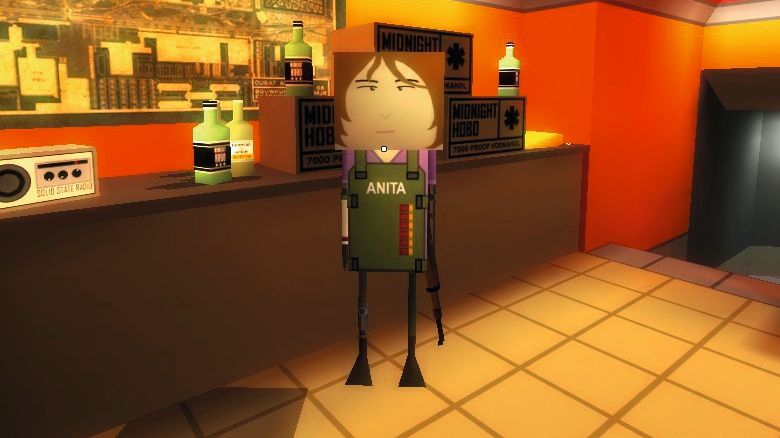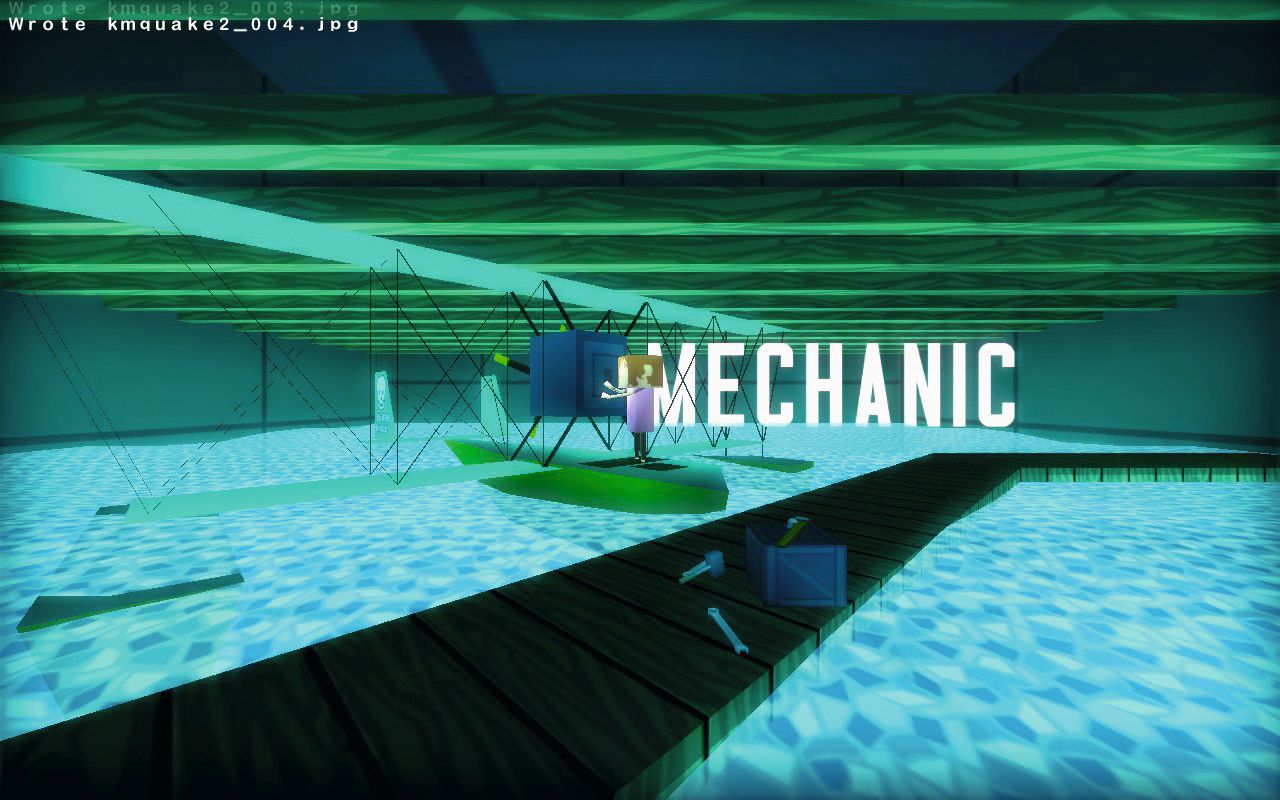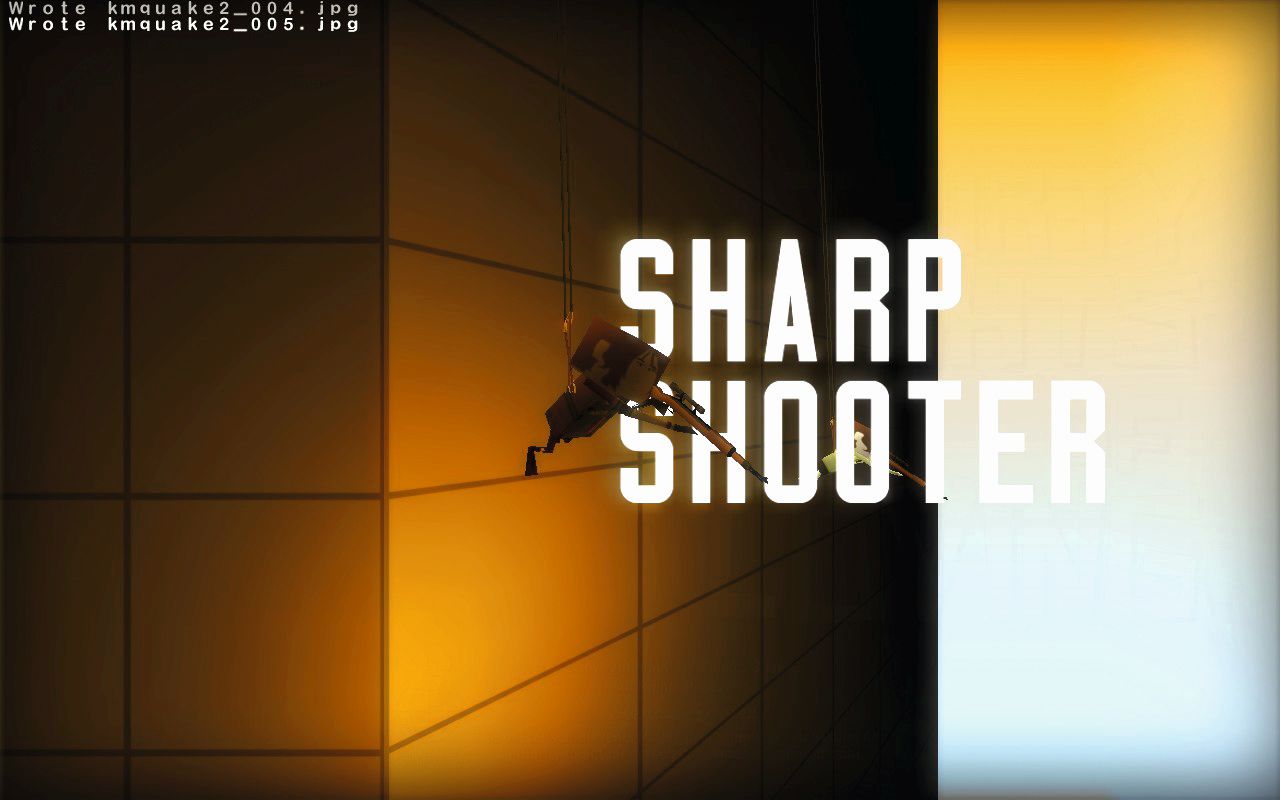Finally playing Thirty Flights of Loving


In Now Playing PC Gamer writers talk about the game currently dominating their spare time. Today, Ben launches a basketball career in 2K16.
What kind of idiot would lie about playing Thirty Flights of Loving just so they can avoid being told, “oh man, what the hell are you doing, get that played!”?
Hi, I’m Samuel Roberts, editor of PC Gamer, and I’ve been fraudulently telling people I’ve played Blendo Games’ heist story for about two years now. I developed a whole patter on what I’d say when people asked me about it, too. “Oh yeah, less story is better, what a masterwork! Interactive narrative at its best!” This is not normal behaviour, but by the time I told a couple of people I’d played Thirty Flights, I’d become properly invested in the fiction of the lie.
It turns out it would’ve been far easier just to play the game in the first place: it is 13 minutes long. One Sunday recently, I sat down and did just that.
I remember reading a piece on Thirty Flights of Loving by my predecessor, Graham, a few years ago. He said that Thirty Flights tells a better story in 13 minutes than a game typically does in 13 hours, and praised its use of cinematic techniques to enhance the story, calling it the sort of game Edgar Wright might make. In case you’re not familiar with it, Thirty Flights is about a heist that goes wrong, using smash cuts and flashbacks to explore the characters, their relationships and the build-up to the disaster.

It’s a very effective way of presenting quite a simple story. I wonder if there’s anything a 13-hour game can learn from it. Some environments in Thirty Flights of Loving, which I guess could’ve taken weeks for Blendo mastermind Brendon Chung to make, appear for no longer than a few seconds. It’s hard to envision a game by a bigger developer using a technique like this, because the cost of building detailed environments that only linger on-screen for a moment is probably too cost prohibitive to be worth it. There’s a sequence in Hot Fuzz I’m obsessed with, where sergeant Nicholas Angel leaves London and heads for the fictional West Country village of Sandford by train. It perfectly captures the mundane experience of public transport in the UK, but it also beautifully conveys the passage of time and feeling of stepping from one place to another. Thirty Flights cuts from place to place in a similar fashion, leaving your imagination to fill the gaps.
I’ve been fraudulently telling people I’ve played Blendo Games’ heist story for about two years now.
It’s a rare example of experimental narrative technique in a game, and three years after its release, to my memory only The Stanley Parable and Beginner’s Guide have used cuts to a similarly energising effect. What if the next Wolfenstein instantly cut from place to place to show how the world had changed in the years since The New Order? What if Fallout 4 ended with a quick montage of all your major decisions in the game that had led to that point? Imagine if the next GTA took character-swapping a step further and occasionally cut to a gunfight in another part of the world.
Thirty Flights of Loving has made me want to see more experimentation in the way stories are told in games. Now that I no longer have to pretend I’ve played it, I shall ramble about that the next time someone asks me what I think of the game.
The biggest gaming news, reviews and hardware deals
Keep up to date with the most important stories and the best deals, as picked by the PC Gamer team.


